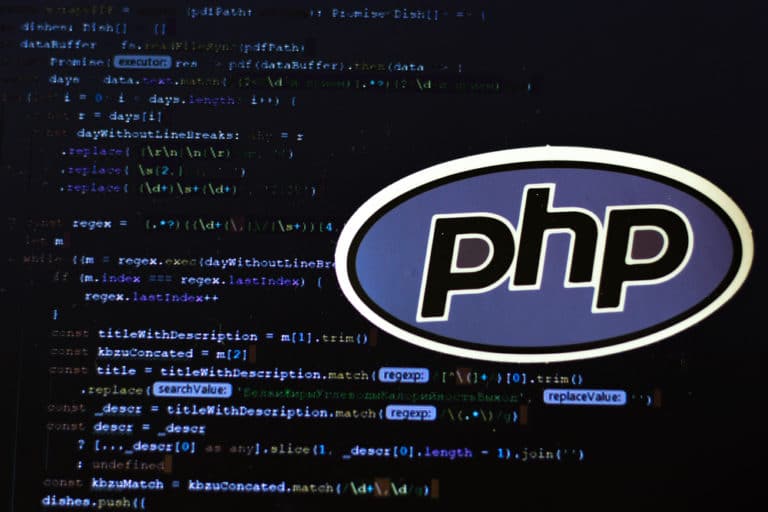A new report on the PHP landscape shows that version 7.4 of the language is most popular.
Zend by Perforce has published its PHP Landscape Report for 2023, based on the results of an anonymous survey conducted between the months of October and December of 2022. The survey was promoted via social media and email, and Zend received a total of 651″qualified” responses.
Of the qualified respondents, the top three job categories were developers, at 56.2%, development managers and directors, at 10.3%, and IT managers and directors, at 7%.
Only PHP 8.0 is community supported
With the end-of-life announcement of PHP 7.4 in November 2022, PHP 8 became the only community supported PHP. Although this was not news, and indeed had been messaged for years with the publication of the PHP lifecycle, it has huge impact, explains Matthew Weier O’Phinney, a Product Manager at Zend.
The Zend survey shows that PHP 7.4 is still the most-used version of PHP, and many reported using even older versions. “This leaves many users scrambling”, O’Phinney writes. “Do they upgrade their PHP version and take the time to make their application compatible, or do they look for long-term-support editions of the language in order to squeeze another year or two out of the PHP version they currently use?”, he asks.
O’Phinney suggests that migrating an application may seem like the best solution, “but if an application has a finite lifespan, or a team is already at capacity, it’s not always an option”.
Top findings of the survey
The survey found that for the first time, a cloud provider (AWS) was the top choice of deployment platforms, edging out on-premise deployment. Additionally, three-quarters of respondents indicated they are now using containers. And relational databases, web APIs, and more are common integrations for production PHP applications. “These shifts indicate that the days of FTP’ing files to a server in order to deploy a PHP application are long-gone”, O’Phinney writes.
He further notes that organizations deploying PHP are “looking for teams who can containerize applications and use sophisticated orchestration techniques in order to manage the entire infrastructure in which the application runs”.
